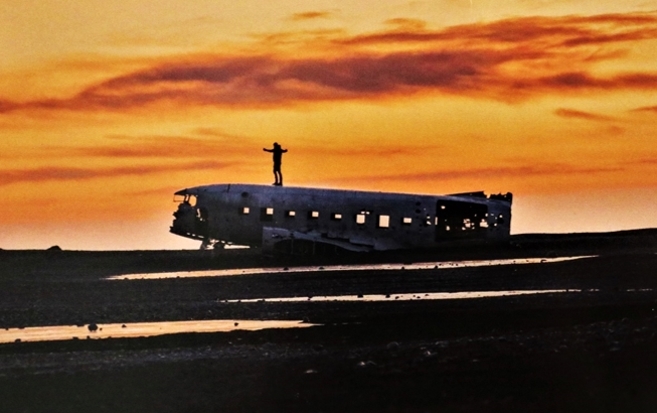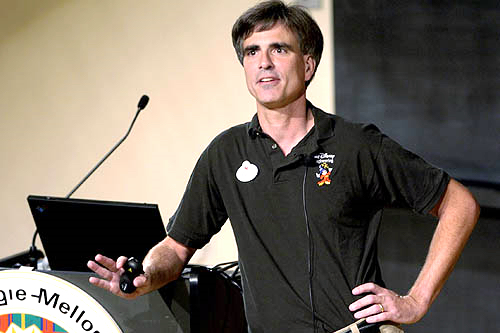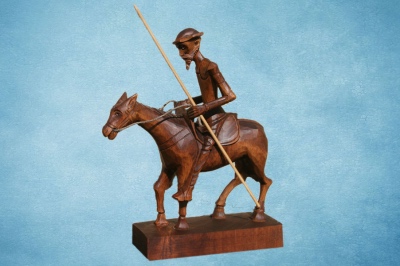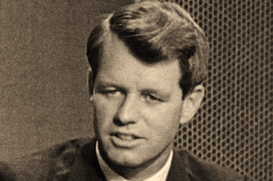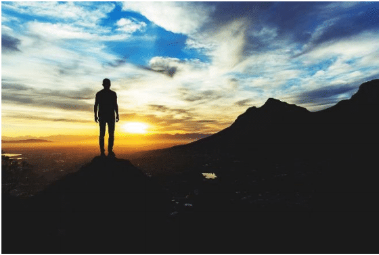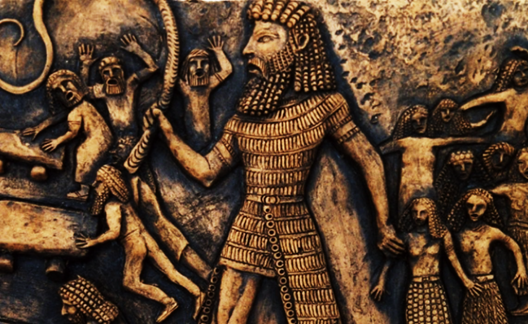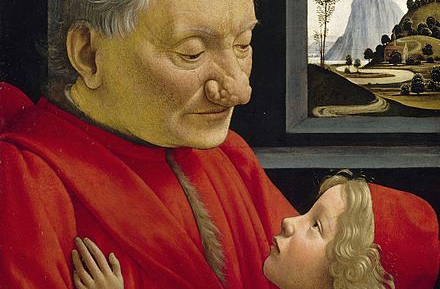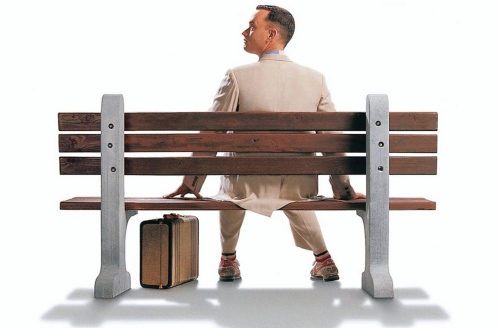Morphing to My Mentoring
Who I am is the direct result of my mentors. My worldview reflects their Weltanschauung. This essay attempts to grasp various parts of my mindset about life. One of the central aspects of my approach to life has to do with music. Music has also been central to others like Friedrich Nietzsche.
In both Thus Spoke Zarathustra and Twilight of the Idols, Nietzsche came up with this haunting one-liner, “Without music, life would be a mistake…I would only believe in a God who knew how to dance.”
However, I want you to listen to Andrea Bocelli sing My Way. For nearly eight decades, I’ve loved all sorts of music, but at this point in my life, this song encapsulates my Weltanschauung.
Nevertheless, I am getting ahead of myself.
My Way
And now, the end is near
And so I face the final curtain
My friend, I’ll say it clear
I’ll state my case, for which I’m certain
I’ve lived a life that’s full
I traveled each and every highway
And more, much more than this, I did it my way
Regrets, I’ve had a few
But then again, too few to mention
I did what I had to do
And saw it through without exemption
I planned each charted course
I traveled each and every highway
And more, much more than this, I did it my way
Yes, there were times, I’m sure you knew
When I bit off more than I could chew
But through it all, when there was doubt
I ate it up and spit it out
I faced it all and I stood tall and did it my way

Bocelli sings about the world he sees
Now, before I get ahead of myself, I want to explain myself using each stanza of My Way to connect them to some of my mentors. Look at the first stanza.
And now, the end is near
And so I face the final curtain
My friend, I’ll say it clear
I’ll state my case, of which I’m certain
I’ve lived a life that’s full
I traveled each and every highway
And more, much more than this, I did it my way
The mentors have taught me about what travel does for one’s life. Ibn Battuta wrote, “Traveling—it leaves you speechless, then turns you into a storyteller.” He traveled many highways in the 14th century. In the last half-century, I have traveled much of the world. If you haven’t traveled, you don’t know how full your life could have been had you journeyed to places far away.
In my twilight years, I face my “final curtain.” Randy Pausch and his Last Lecture awaken me. Pausch’s Last Lecture lasted 1:16:26. However, it took me less than five minutes into his video before I realized that I had danced with death twice in 2008. I had a prostatectomy, but the cancer had metastasized beyond the prostate. Several months later, I fell off a ladder and cracked my head on a retaining wall, which caused a subdural hematoma. I intellectually understood I could have died, but I didn’t realize that I had become far more driven. Talk about a eureka moment. Pausch knew he’d die soon; nonetheless, he was more driven about living than anyone in his audience.
In the Epic of Gilgamesh, Gilgamesh went on a journey to find immortality. After realizing immortality wasn’t attainable, he said, “Forget death and seek life.” He lived a life helping others.
Dylan Thomas wrote the poem, Do Not Go Gentle Into That Good Night. This is the opening stanza.
Do not go gentle into that good night,
Old age should burn and rave at close of day;
Rage, rage against the dying of the light.
There is a different mindset when one moves from intellectual knowledge about death to knowing something in one’s gut. It is transformative. I’m more alive now than I have ever been.
The second stanza addresses mistakes in life. Bobby Kennedy, Pete Seeger, Don Quixote, Steve Jobs, and William Forrester have all made mistakes in their journey down their yellow brick roads of life.
Regrets, I’ve had a few
But then again, too few to mention
I did what I had to do
And saw it through without exemption
I planned each charted course
Each careful step along the byway
And more, much more than this, I did it my way
So, they and everyone else have made mistakes; that is a given. What differentiates them from everyone else? They recognized their mistakes, learned a lesson, and moved on down the yellow brick roads of their lives.
The third stanza addresses another type of regret, not achieving dreams. Bobby Kennedy, Don Quixote, Steve Jobs, and Andrew Weissmann have thought about dreams. They have pondered about the future.
Yes, there were times, I’m sure you knew
When I bit off more than I could chew
But through it all, when there was doubt
I ate it up and spit it out
I faced it all and I stood tall and did it my way
Bobby Kennedy said, “Some men see things as they are and say, why; I dream things that never were and say, why not.” So, what happens when your dream gets dashed? Quit? Kennedy wrote, “Hang a lantern on your problems.”
Steve Jobs believed that “you can’t connect the dots looking forward; you can only connect them looking backward. So, you have to trust that the dots will somehow connect in your future. You have to trust in something — your gut, destiny, life, karma, whatever.”
I have watched Andrew Weismann analyze various outcomes of all the possible litigations swirling around Donald the Dumb and his inner circle. He would present the different charges. Then Weismann pauses, smiles for a couple seconds, and adds a caveat. He explains what he thinks will happen.
Trust me. I learned that lesson from Weismann and that learning will be played out soon.
Follow @mountain_and_me









